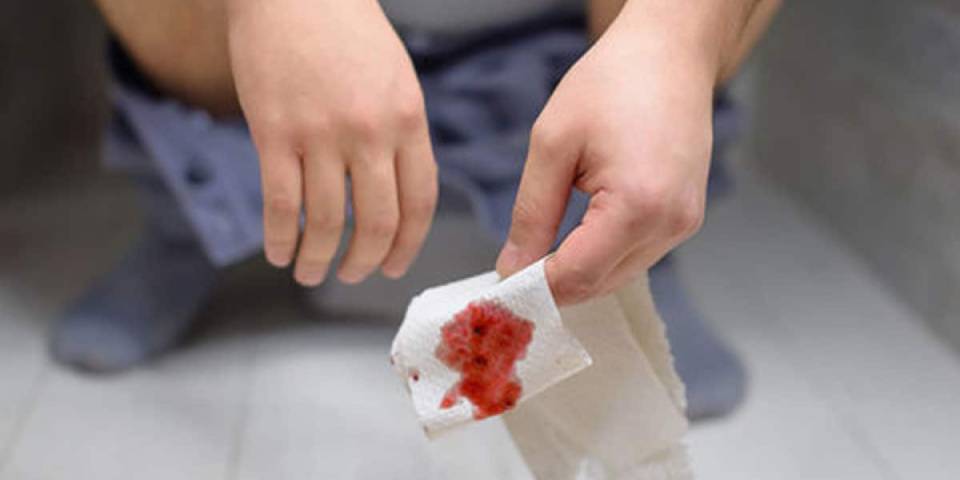Hemorrhoids, usually known as piles, are a current condition affecting a significant portion of the population. India has one of the topmost rates of piles in the world, with around 11% of the population affected. This condition is more common in metro areas and among men than women, with the trouble adding with time. Hemorrhoids can prompt varying stages of discomfort and pain, from mild irritation to harsh bleeding. This blog, written by Dr. N. Subrahmaneswara Babu, a leading gastroenterologist in Hyderabad, provides a complete overview of hemorrhoids, their causes, symptoms, and a range of treatment options, both non-surgical and surgical.
What are hemorrhoids?
Hemorrhoids, or piles, are blown veins in the lower rectum or anus. They can be internal( inside the rectum) or external( under the skin around the anus).
What causes piles?
- Straining During Bowel Movements
- Prolonged Sitting
- Pregnancy
- Obesity
- Low-Fiber Diet
Why do hemorrhoids bleed?
Bleeding occurs when the surface of the hemorrhoid is damaged, usually due to straining during bowel motions or discord from passing coprolite. According to piles specialist in Hyderabad, Dr. N. S. Babu, internal hemorrhoids may bleed without causing pain, while external hemorrhoids can cause significant discomfort and visible bleeding.
Medical management of Piles:
Non-Surgical Treatments:
- Dietary Adjustments: Increase fiber input with fruits, vegetables, and whole grains; drink plenty of water.
- Topical Treatments: Use untoward creams, ointments, and suppositories containing hydrocortisone or witch hazel.
- Oral Medications: Pain relievers like acetaminophen or ibuprofen; coprolite softeners to ease bowel movements.
Minimally Invasive Procedures:
- Rubber Band Ligation: This procedure involves placing a small rubber band around the base of an internal hemorrhoid. The band cuts off the blood flow, causing the hemorrhoid to shrink and fall off after a few days.
- Sclerotherapy: A chemical solution is fitted into the hemorrhoid, causing it to condense and ultimately wilt down. This technique is generally utilized for internal hemorrhoids.
- Infrared Coagulation: Infrared light is utilized to coagulate( clot) the race vessels in the hemorrhoid, leading to its shrinkage. This method is effective for treating internal hemorrhoids.
Surgical Options:
Hemorrhoidectomy:
- Procedure: This surgery involves the removal of the hemorrhoids through varied ways, similar to excision or laser. It’s generally recommended for severe cases or when other treatments have failed.
- Recovery: It can involve a longer reclamation period with possible pain and discomfort, but it’s much more effective for persistent hemorrhoids.
Stapled Hemorrhoidopexy:
- Procedure: This technique involves utilizing a stapling device to reposition the hemorrhoid inside the rectum and staple it in position. This reduces blood flow to the hemorrhoid, causing it to shrink.
- Recovery: It usually has a quicker reclamation time compared to traditional hemorrhoidectomy, with less postoperative pain.
Hemorrhoids can greatly impact your comfort and well-being, but effective treatment options are accessible. For personalized care and improved treatment, consult Dr. N. Subrahmaneswara Babu, a renowned specialist in piles treatment in Hyderabad. With his extensive experience and patient-focused path, Dr. N. S. Babu offers both non-surgical and surgical solutions acclimatized to your requirements. Do not allow hemorrhoids to affect your quality of life — book an appointment with Dr. N. Subrahmaneswara Babu today to receive expert diagnosis and compassionate care.

